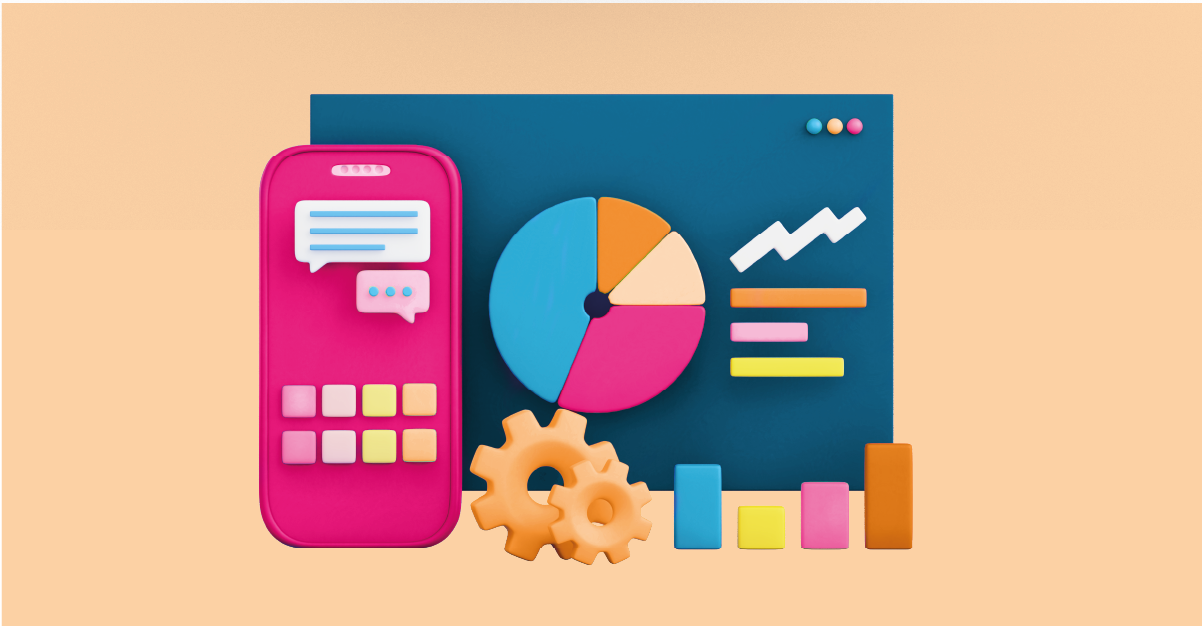Customer Behavior
Customer behavior refers to the actions and decision-making processes of individuals when they purchase goods or services. It encompasses the psychological, social, and economic factors that influence consumers’ buying habits and preferences. Understanding customer behavior involves analyzing how consumers identify their needs, gather information, evaluate alternatives, make purchase decisions, and post-purchase behavior.
Several factors shape customers behavior, including personal preferences, cultural influences, social status, and psychological motivations such as perception, attitudes, and beliefs. For instance, a consumer’s decision to buy a product might be influenced by peer recommendations, brand reputation, or past experiences.
Marketers study customers behavior to tailor their strategies effectively. By comprehending what motivates consumers, businesses can create targeted marketing campaigns, design products that meet specific needs, and improve customer service to enhance satisfaction and loyalty. Techniques such as surveys, focus groups, and data analytics are commonly used to gather insights into customer behavior.
Understanding customers behavior also helps businesses segment their market, allowing for personalized marketing efforts that resonate with different customer groups. For example, younger consumers might be more influenced by social media trends, while older consumers might prioritize product reliability and customer service.
In summary, customers behavior encompasses the complex interplay of factors that drive consumers’ purchasing decisions. By gaining insights into these behaviors, businesses can make informed decisions, optimize their marketing strategies, and ultimately achieve better customer satisfaction and business success. This knowledge is crucial for adapting to market changes and maintaining a competitive edge.


